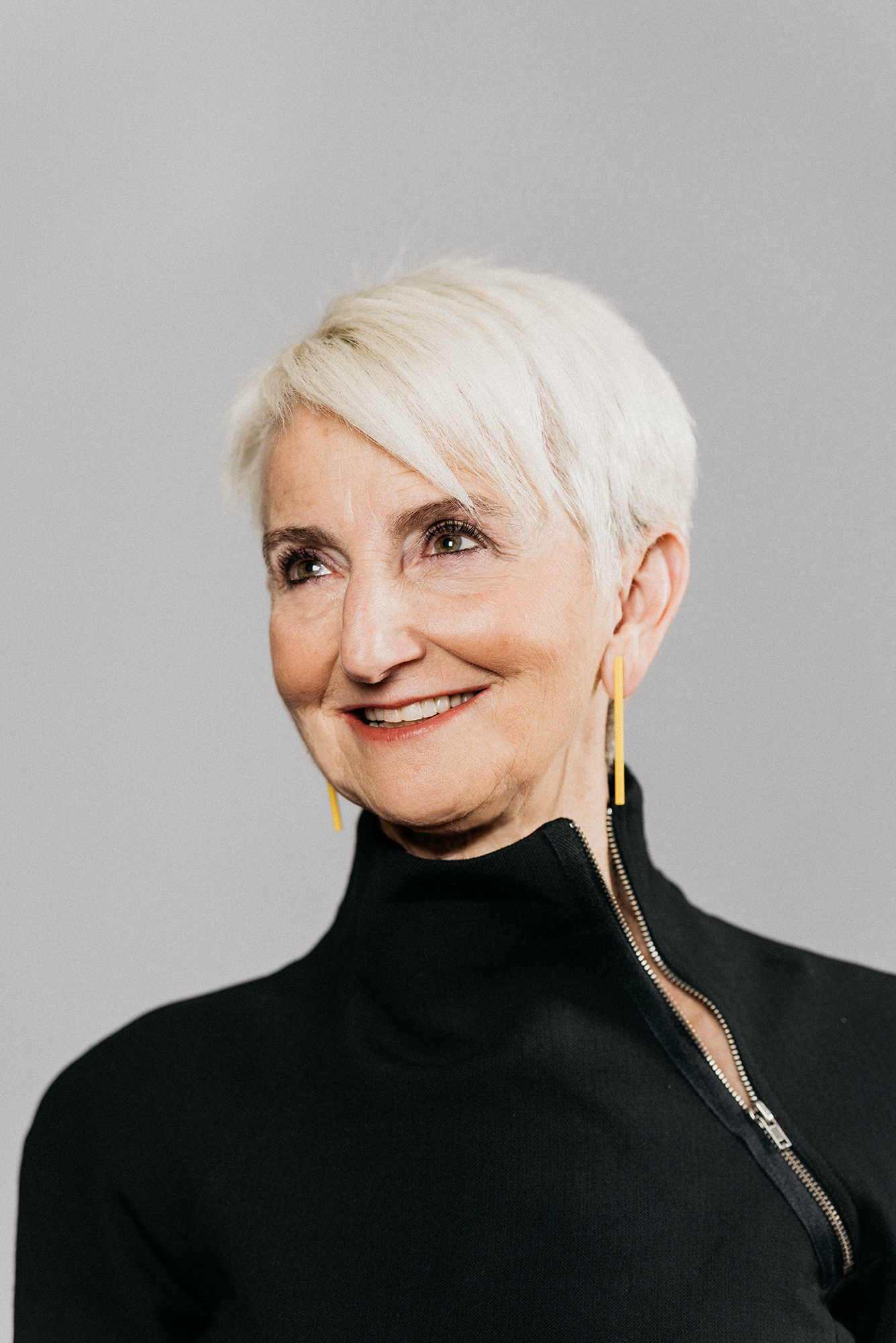This is the time of care. As so many of us emerge from the intensity and fatigue of the year behind us, carrying the call to reckon with staggering injustices and crises both social and ecological, there is an urgency to make our world anew. What we have collectively endured exposed the fissures, places where care had fallen by the wayside—areas ripe for the response of builders and innovators working in the space of compassion.
That reimagining begins at Pratt. From the turning point in March 2020, through the months of heartbreaking loss and strife here in Brooklyn, nationally, and globally, I was witness to an extraordinary and continuous outpouring of generosity.
Pratt people were taking care of one another and our neighbors—from honoring our essential campus workers, to bolstering local businesses, to redirecting creative resources in support of city healthcare providers, to gathering in town halls to center our community members bearing the weight of brutal inequities.
It wasn’t only about holding one another during a crisis, we were also resetting our priorities for the future we were, and are, actively shaping. Woven among all the disciplines honed at Pratt, there is a call for impact: to rethink systems, to remake things, for the benefit of people—multifaceted and complex, and as this time has taught us, both fragile and amazingly resilient.
Across domains, care is driving the conversation and our practices. Architecture students are devising proposals for rapidly deployable clinics that would keep people safe, and also help them feel safe, in an epidemic. Young artists are engaging with local political candidates to clarify the community concerns that matter, and make the political process more accessible—not only in New York City but in their hometowns as well.
Communications design alumni are mentoring emerging designers through an inclusive, antiracist career guide that addresses historical inequities and gaps in the canon. Faculty, administrators, and students within Creative Arts Therapy are tending to the wellbeing of our campus community while nimbly adapting to modes that could inform future practice, to meet a need for access to mental health care whose depths we are only beginning to learn about in the pandemic’s aftermath.
And there are many more stories like these, where the work boldly progresses the known, the norm, into a space far richer and more beneficial for our people and our planet.
I am inspired by the observations of Pratt professor Ayse Yonder, longtime faculty of the Graduate Center for Planning and the Environment, whose work engages with the care sector and its important role in resilience planning: “As devastating as natural disasters are, they can become focusing events, leading to improved future development,” she writes in Women’s Participation in Disaster Relief and Recovery (Seeds).
“Postdisaster recovery,” she continues, “can be seen as an opportunity to channel and leverage investments to upgrade the living standards of the poor, to enable the most marginalized to participate, and to establish dialogue mechanisms between affected citizens and government to foster accountability. It is a chance to ‘build back better.’” To solve for vulnerabilities. To build with care.
A just and sustainable recovery relies on a bold reimagining of systems and practices, at a scale that honors life, that considers how infrastructure, technology and tools, the built environment, creative production, our objects, our research and analysis, and our art touch individuals and communities, multispecies lifeforms and the ecosystem we all move within.
You, Pratt students, faculty, alumni, staff, parents, friends, and community members present and future, exemplify the consideration, compassion, and collaboration it takes to imagine and realize new paradigms. I hope the stories in this issue begin to connect you to the network of your colleagues doing just that—imagining and preparing a thriving future together.
Frances Bronet
President, Pratt Institute
